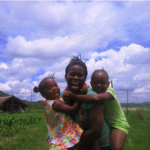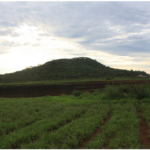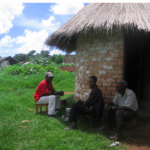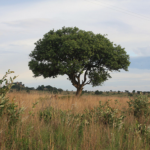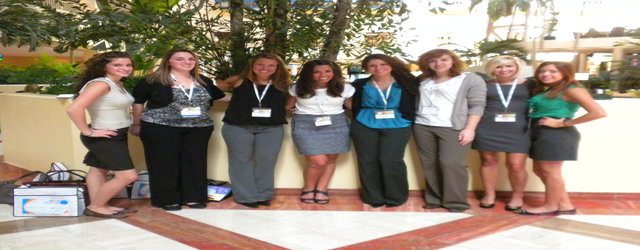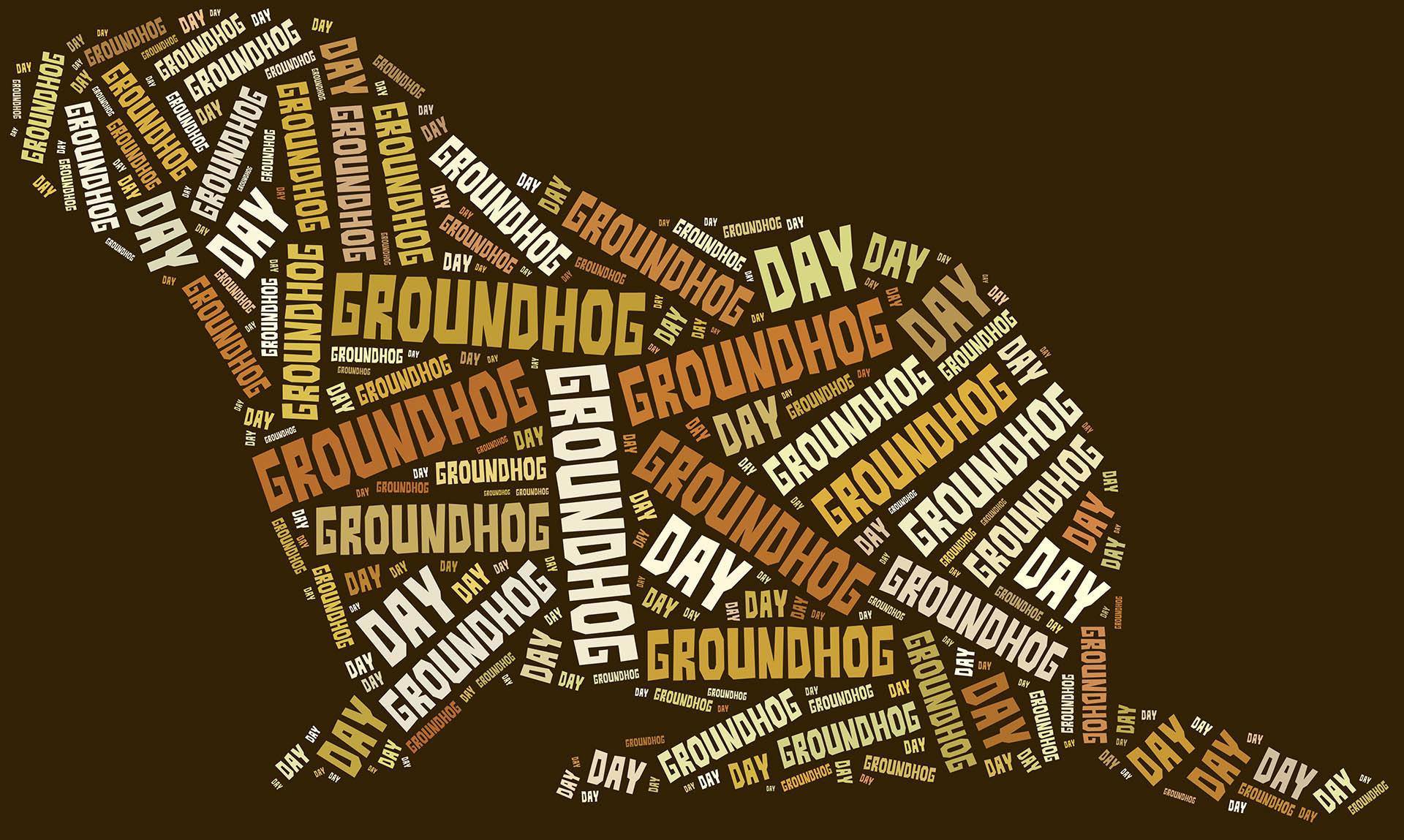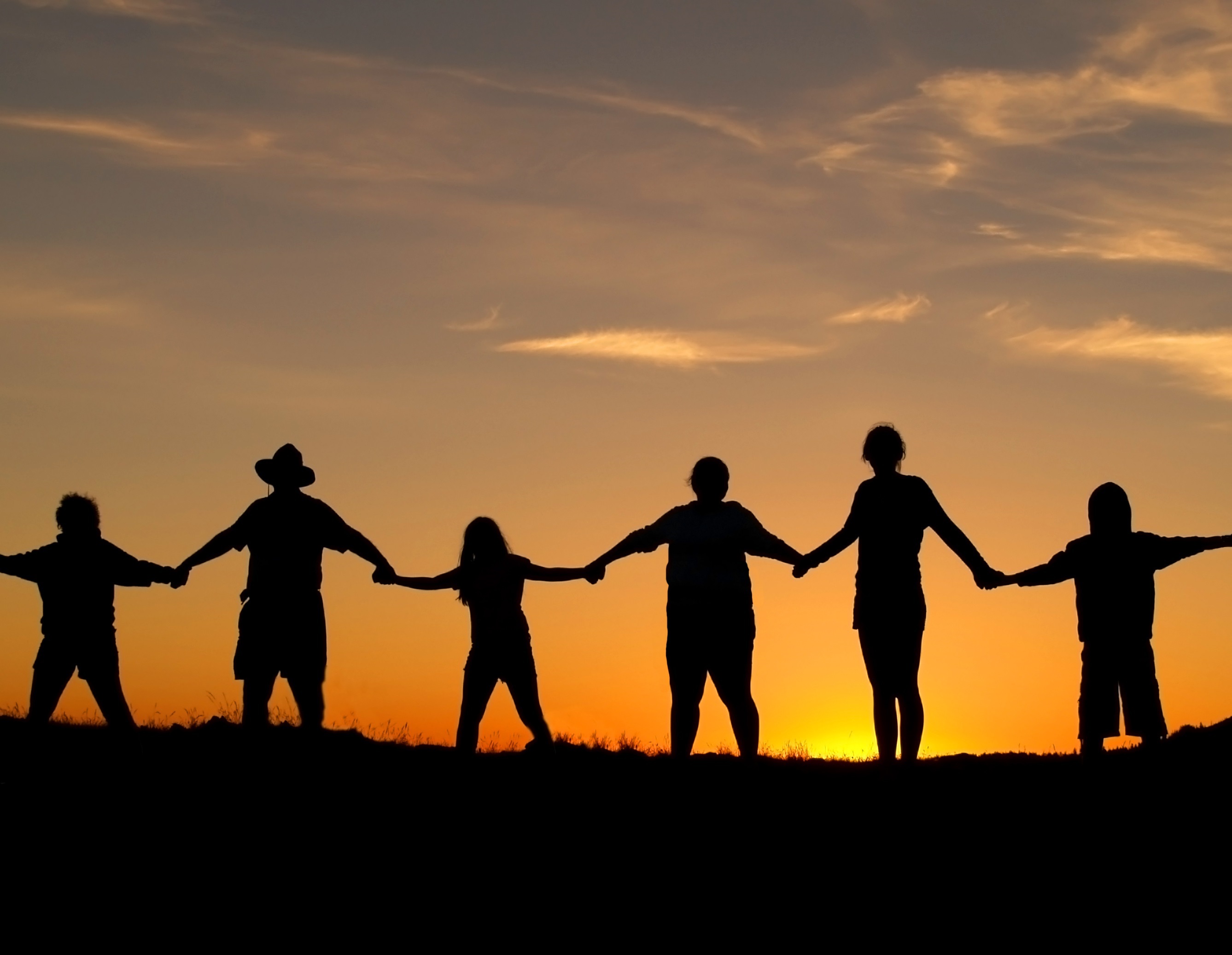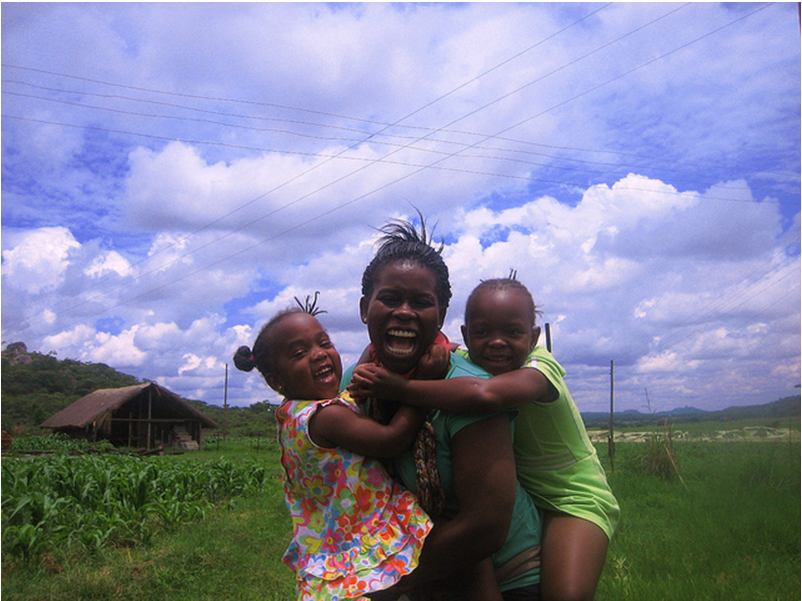
“It’s one of the biggest issues of our time,” said Moleen Madziva, Zimbabwe native and Monmouth alumni, about global poverty and hunger. “Bringing a bag of corn to someone’s doorstep is not going to solve hunger and poverty. Communities really need to be involved as part of the solution.”
Madziva, who is a Ph.D candidate in sustainability education at Prescott College, is working with Monmouth University’s Institute for Global Understanding to create a program that will help to eradicate poverty in her native village, Macheke, in Zimbabwe. Focusing on sustainability, the Macheke Sustainability Project hopes to bring changes in health, agriculture, finance, education, and renewable resources to the village of about 8,300 people.
“A lot of the work that has been done to help Africa progress has failed because there was not enough research about the communities, and the communities were not involved as part of the solution,” explained Madziwa, whose Macheke Sustainability Project is currently performing research to see what will most benefit the community.
According to CIA World Factbook, Zimbabwe is the poorest country in the world. Free from British colonial rule for only 31 years, the country is still struggling to find its footing, and is dealing with an inflation rate of 231 million percent. Currently, Zimbabweans are trying to find a way of living that will provide sustenance, while bringing them back to the roots of the culture.
Before the British came, the people of Macheke were subsistence farmers, with a close connection to nature. Under British rule, they were taken away from that. “Now that we have independence, we have to sit back and remember those parts of our culture that made us respect the environment so that we are not, for example, overfishing for profit, because we want fish for the next year, too.
For Zimbabwe and other developing countries in this satiation, looking
towards industrialized countries for examples might not be the best idea. “Many of those countries are realizing they may have gone too far in overproduction and consumption. So we are reexamining the concept of sustainability.”
Students and professors from all across Monmouth are helping Madziva to examine this very question. “I couldn’t believe how quickly people on campus got involved,” said Professor Susan Gupta, Marketing Director of the Macheke Sustainability Project. “Usually, it is hard to get people to commit, but everyone was drawn to this.” In addition to Madziwa and Gupta, Tony Lazroe, Mark Ludak, and Nancy Mezey are all part of the Administrative team for the MSP. Many other faculty members and students are also contributors to the MSP team.
“Molly is unique, and has so much charisma,” said Gupta, “which drew people to the project. She has grown dramatically as a leader. But I also think that the project fits so well into the mission of the University, to be involved in communities and have a global presence.”
“I laugh like anyone in my village of Macheke,” said Madziwa with a smile. “I was just lucky enough to come to America for school, and I want to see what I can do to give back. I can’t give back to the whole world, but I will start with my village.”
The goal of MSP is to create a sustainability model that will ‘feature the use of instruction and training to preserve the balance of the natural and social capital in the Macheke life system.’ Already, Madziva and her team have secured computers for the local high school, and are working on building a local health center. The project really seems to be getting off the ground right now, so everyone is looking forward to upcoming accomplishments, and to see what Monmouth can bring to its adopted village community.
If you are interested in helping the Macheke Sustainability Project, there are a ton of volunteer opportunities, and every little bit helps. “Everyone does what they can,” said Madziwa, “and it makes a big difference. Everyone who helps becomes part of this family.”
Follow the progress of Macheke by becoming a “Friend of Macheke” on Facebook, and follow Molly’s blog.


